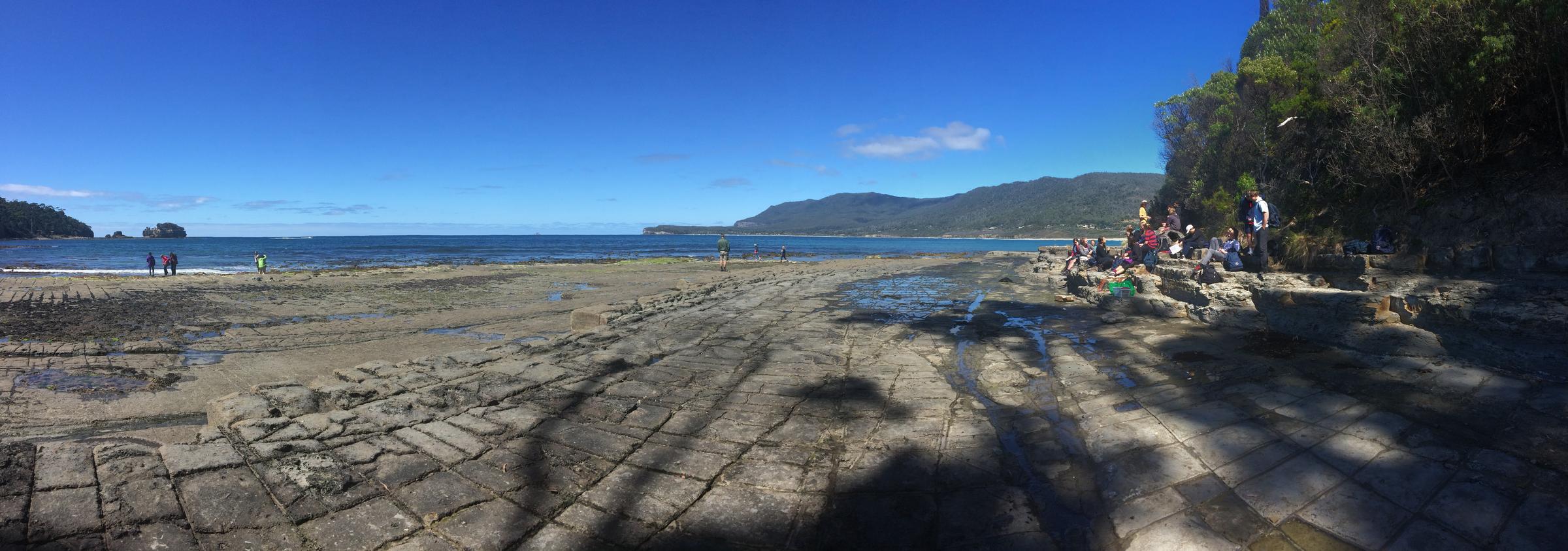IBDP Environmental Systems & Societies

Group 3 or 4 | Environmental Systems & Societies
| 🎓 Level | SL only |
|---|---|
| ⏱ Hours | 150 (SL) |
| 📚 Prerequisite | None |
| ℹ️ IB Course Information | Link (SL) |
What will I learn?
Environmental Systems and Societies uses a systems approach, amplified by economic, historical, cultural, socio-political and scientific methodologies, to provide a holistic perspective on environmental issues. It aims to promote understanding of environmental processes at a variety of scales from the local to the global, and provide students with a body of knowledge, methodologies and skills that can be used to analyse them.
The subject promotes respect for both a diversity of cultural perspectives and a variety of responses to the complexities of controversial environmental issues. It builds an appreciation of the role of technology both in creating and solving environmental problems, and the value of local and international collaboration in seeking solutions. Students are encouraged to come to considered moral and political positions on environmental issues based on a solid scientific understanding.
Students will take eight topics:
- Foundations of environmental systems and societies
- Ecosystems and ecology
- Biodiversity and conservation
- Water and aquatic food production systems and societies
- Soil systems and terrestrial food production systems and societies
- Atmospheric systems and societies
- Climate change and energy production
- Human systems and resource use.
Important Note: This course is a trans-disciplinary subject that can be counted as a Group 3 or 4 subject or both.
Why should I consider this course?
As a result of studying this course, students will become equipped with the ability to recognize and evaluate the impact of our complex system of societies on the natural world. The interdisciplinary nature of the course requires a broad skill set from students and includes the ability to perform research and investigations and to participate in philosophical discussion. The course requires a systems approach to environmental understanding and problem-solving, and promotes holistic thinking about environmental issues. It is recognized that to understand the environmental issues of the 21st century and suggest suitable management solutions, both the human and environmental aspects must be understood. Students should be encouraged to develop solutions from a personal to a community and to a global scale.
Through the exploration of cause and effect, the course investigates how values interact with choices and actions, resulting in a range of environmental impacts. Students develop an understanding that the connections between environmental systems and societies are diverse, varied and dynamic. The complexity of these interactions challenges those working towards understanding the actions required for effective guardianship of the planet and sustainable and equitable use of shared resources.
Assessment
| Component | Requirement | %SL |
|---|---|---|
| Individual Investigation | 2250 words (10 hours) | 25 |
| Paper 1: Case Study | 1 hr | 25 |
| Paper 2: Short Answer & Essays | 2 hrs | 50 |
What Skills does this course provide?
The aims of this course are to enable students to:
- acquire the knowledge and understandings of environmental systems at a variety of scales
- apply the knowledge, methodologies and skills to analyse environmental systems and issues at a variety of scales
- appreciate the dynamic interconnectedness between environmental systems and societies
- value the combination of personal, local and global perspectives in making informed decisions and taking responsible actions on environmental issues
- be critically aware that resources are finite, and that these could be inequitably distributed and exploited, and that management of these inequities is the key to sustainability
- develop awareness of the diversity of environmental value systems
- develop critical awareness that environmental problems are caused and solved by decisions made by individuals and societies that are based on different areas of knowledge
- engage with the controversies that surround a variety of environmental issues
- create innovative solutions to environmental issues by engaging actively in local and global contexts.
What Pathway Options does this course provide?
This course provides solid grounding for students to pursue further studies in all natural sciences. In addition, the relevance of this course provides students with excellent knowledge of current environmental issues which would be advantageous in further studies in areas such as law, policy, international relations, economics, journalism and tourism, just to name a few.
